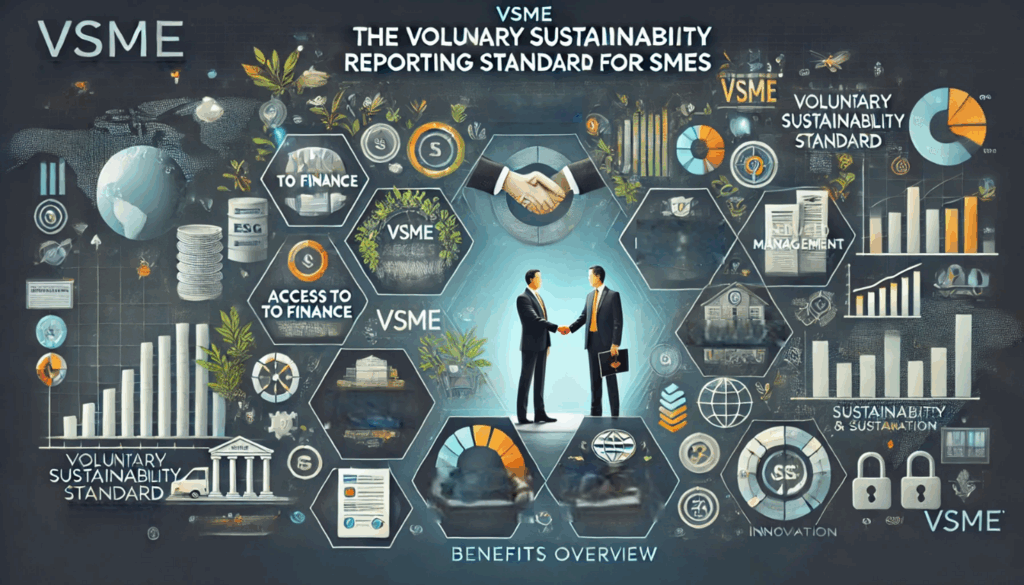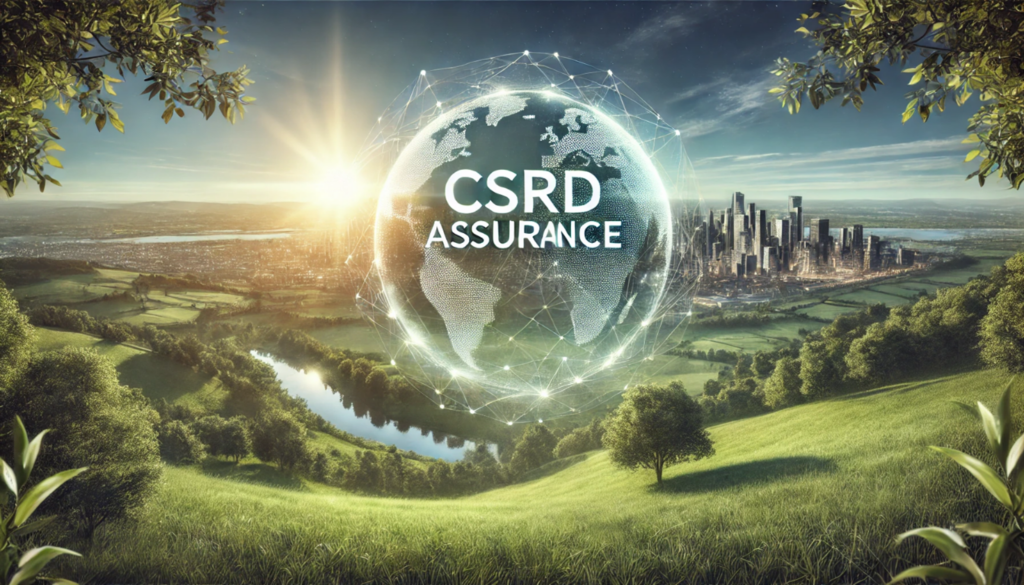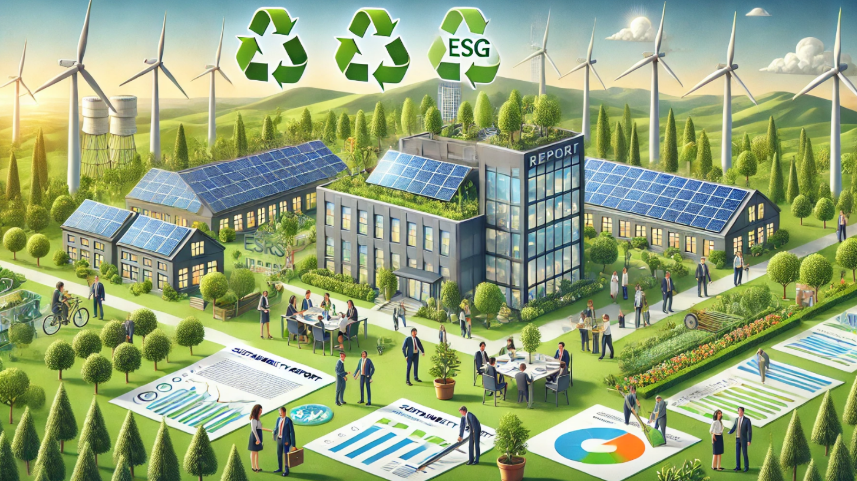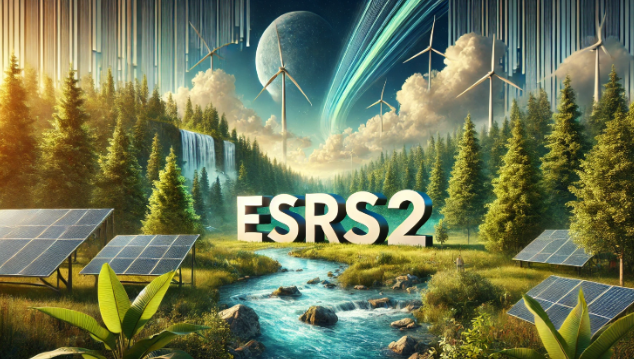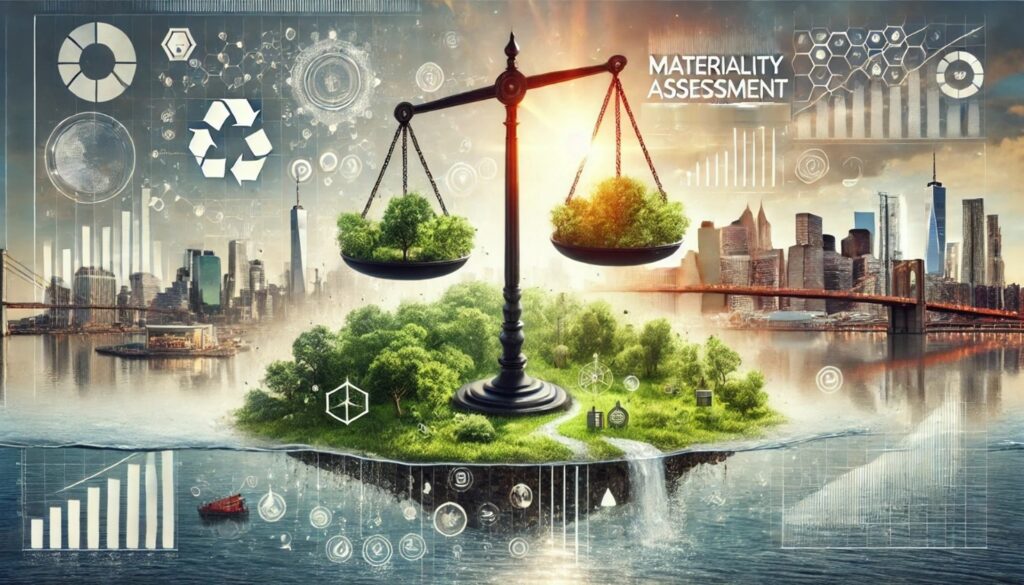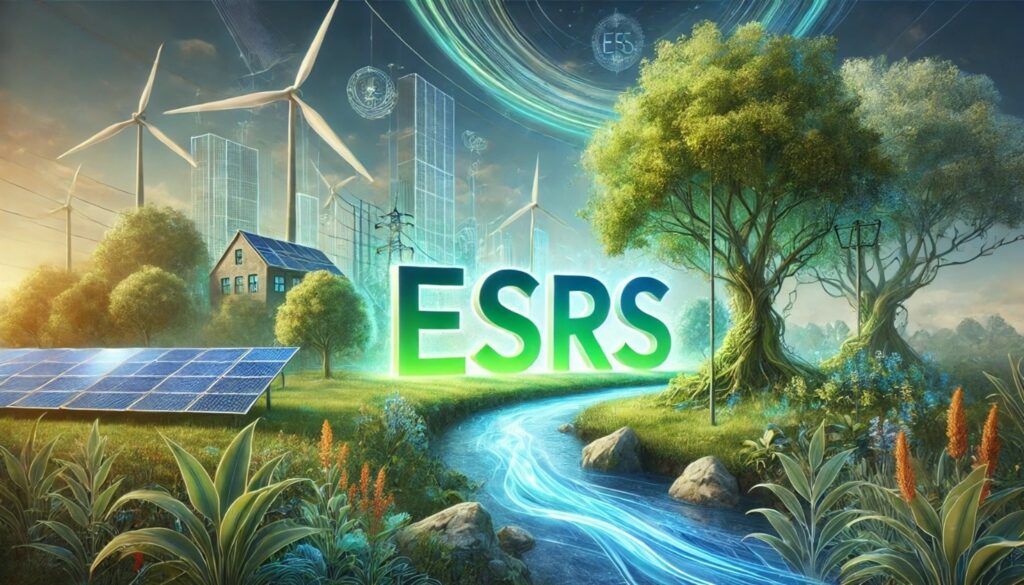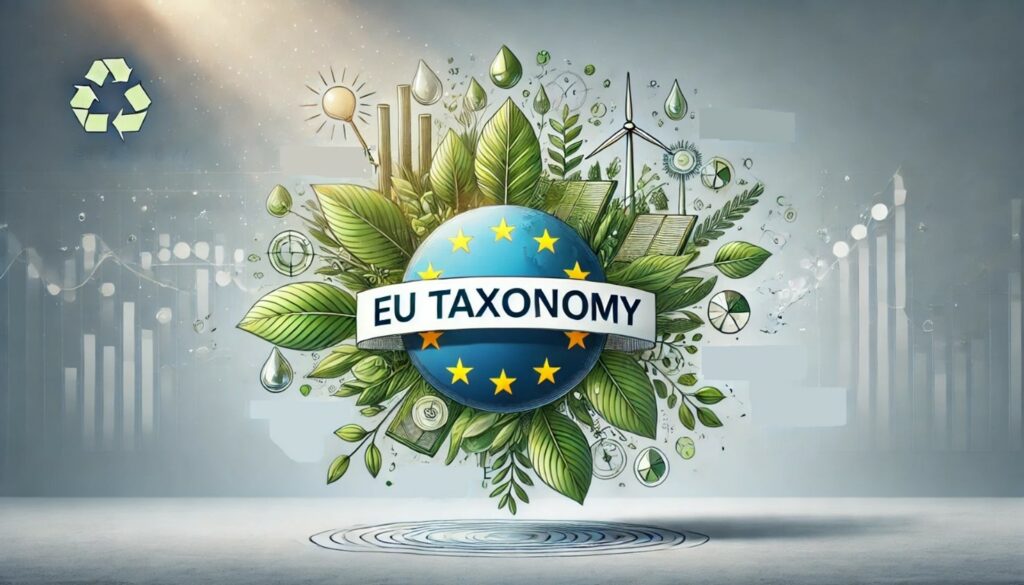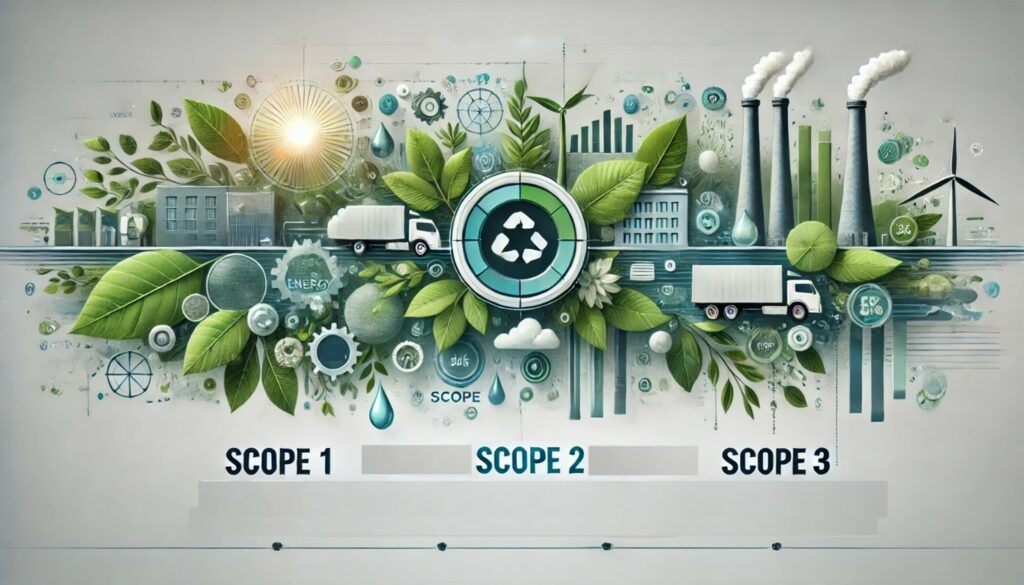Termini e Condizioni di www.ivyhouse.it
Questi Termini disciplinano
- l’utilizzo di questo Sito Web e
- qualsiasi altro Accordo o rapporto giuridico con il Titolare
in maniera vincolante. Le espressioni con l’iniziale maiuscola sono definite nella relativa sezione di questo documento.
L’Utente è pregato di leggere attentamente questo documento.
Il soggetto responsabile di questo Sito Web è:
S-Reporting S.r.l.
Indirizzo email del Titolare: info@ivyhouse.it
Da sapere a colpo d’occhio
- Si fa presente che determinate disposizioni di questi Termini potrebbero essere solo applicabili ad alcune categorie di Utenti. In particolare, alcune disposizioni potrebbero applicarsi solo a Consumatori o solo a Utenti che non agiscono come Consumatori. Tali limitazioni sono sempre menzionate esplicitamente in ciascuna clausola interessata. In caso di mancata menzione, le clausole si applicano a tutti gli Utenti.
CONDIZIONI D'USO
Salvo ove diversamente specificato, le condizioni d’uso di questo Sito Web esposte in questa sezione hanno validità generale.
Ulteriori condizioni d’uso o d’accesso applicabili in particolari situazioni sono espressamente indicate in questo documento.
Utilizzando questo Sito Web l’Utente dichiara di soddisfare i seguenti requisiti:
- Non ci sono restrizioni riferite agli Utenti rispetto al fatto che essi siano Consumatori o Utenti Professionisti;
Contenuti su questo Sito Web
Salvo ove diversamente specificato o chiaramente riconoscibile, tutti i contenuti disponibili su questo Sito Web sono di proprietà di o forniti dal Titolare o dei/dai suoi licenzianti.
Il Titolare adotta la massima cura affinché il contenuto disponibile su questo Sito Web non violi la normativa applicabile o diritti di terze parti. Tuttavia, non sempre è possibile raggiungere tale risultato.
In tali casi, senza alcun pregiudizio ai diritti ed alle pretese legalmente esercitabili, gli Utenti sono pregati di indirizzare i relativi reclami ai recapiti specificati in questo documento.
Diritti sui contenuti di questo Sito Web
Il Titolare detiene e si riserva espressamente ogni diritto di proprietà intellettuale sui suddetti contenuti.
Gli Utenti non sono autorizzati ad usare i contenuti in alcun modo che non sia necessario od implicito nel corretto utilizzo del Servizio.
In particolare, ma senza esclusioni, è fatto divieto agli Utenti di copiare, scaricare, condividere oltre i limiti sotto specificati, modificare, tradurre, elaborare, pubblicare, trasmettere, vendere, concedere sottolicenze, trasformare, trasferire/alienare a terze parti o creare opere derivate a partire dal contenuto disponibile su questo Sito Web, di permettere a terze parti di intraprendere tali attività tramite il proprio account Utente o dispositivo, anche a propria insaputa.
Ove espressamente indicato su questo Sito Web, l’Utente è autorizzato a scaricare, copiare e/o condividere determinati contenuti disponibili su questo Sito Web esclusivamente per scopi personali e non commerciali ed a condizione che sia osservata l’attribuzione della paternità dell’opera nonché l’indicazione di ogni altra circostanza rilevante richiesta dal Titolare.
Restano ferme le limitazioni ed esclusioni previste dalla normativa sul diritto d’autore.
Accesso a risorse esterne
Tramite questo Sito Web gli Utenti potrebbero avere accesso a risorse fornite da terzi. Gli Utenti riconoscono ed accettano che il Titolare non ha alcun controllo su tali risorse e che pertanto non risponde del loro contenuto e della loro disponibilità.
Le condizioni applicabili alle risorse fornite da terzi, ivi incluse quelle applicabili a eventuali concessioni di diritti su contenuti, sono determinate dagli stessi terzi e regolate nei relativi termini e condizioni o, in loro assenza, dalla legge.
Uso ammesso
Questo Sito Web ed il Servizio possono essere utilizzati solo per gli scopi per i quali sono offerti, secondo questi Termini ed ai sensi della legge applicabile.
È responsabilità esclusiva dell’Utente di far sì che l’uso di questo Sito Web e/o del Servizio non violi la legge, i regolamenti o i diritti di terzi.
Pertanto, il Titolare si riserva il diritto di adottare ogni misura idonea a proteggere i propri interessi legittimi, ed in particolare di negare all’Utente l’accesso a questo Sito Web o al Servizio, risolvere contratti, denunciare ogni attività censurabile svolta tramite questo Sito Web o il Servizio alle autorità competenti – p. es. l’autorità giudiziaria o amministrativa – ogniqualvolta l’Utente ponga in essere o vi sia il sospetto che ponga in essere:
- violazioni di legge, regolamenti e/o dei Termini;
- lesioni di diritti di terzi;
- atti che possono pregiudicare considerevolmente i legittimi interessi del Titolare;
- offese al Titolare o a un terzo.
Limitazione di responsabilità e manleva
Disposizioni comuni
Nessuna rinuncia implicita
Il mancato esercizio di diritti di legge o pretese derivanti da questi Termini da parte del Titolare non costituisce rinuncia agli stessi. Nessuna rinuncia può essere considerata definitiva in relazione ad uno specifico diritto o a qualsiasi altro diritto.
Interruzione del Servizio
Per garantire il miglior livello di servizio possibile, il Titolare si riserva di interrompere il Servizio per finalità di manutenzione, aggiornamenti di sistema o per qualsiasi altra modifica, dandone idonea notizia agli Utenti.
Nei limiti di legge, il Titolare si riserva di sospendere o terminare completamente il Servizio. In caso di terminazione del Servizio, il Titolare si adopererà affinché gli Utenti possano estrarre i propri Dati Personali e le informazioni secondo le disposizioni di legge.
Inoltre, il Servizio potrebbe non essere disponibile per cause che si sottraggono al ragionevole controllo del Titolare, quali cause di forza maggiore (p. es. scioperi, malfunzionamenti infrastrutturali, blackout etc.).
Rivendita del Servizio
Gli Utenti non sono autorizzati a riprodurre, duplicare, copiare, vendere, rivendere o sfruttare questo Sito Web o il Servizio in toto o in parte senza previo consenso scritto del Titolare, espresso direttamente o attraverso un legittimo programma di rivendite.
Privacy policy
Le informazioni sul trattamento dei Dati Personali sono contenute nella privacy policy di questo Sito Web.
Proprietà intellettuale
Senza pregiudizio ad alcuna previsione più specifica contenuta nei Termini, i diritti di proprietà intellettuale ed industriale, quali ad esempio diritti d’autore, marchi, brevetti e modelli relativi a questo Sito Web sono detenuti in via esclusiva dal Titolare o dai suoi licenzianti e sono tutelati ai sensi della normativa e dei trattati internazionali applicabili alla proprietà intellettuale.
Tutti i marchi – denominativi o figurativi – ed ogni altro segno distintivo, ditta, marchio di servizio, illustrazione, immagine o logo che appaiono in collegamento con questo Sito Web sono e restano di esclusiva proprietà del Titolare o dei suoi licenzianti e sono tutelati ai sensi della normativa e dei trattati internazionali applicabili alla proprietà intellettuale.
Modifiche dei Termini
Il Titolare si riserva il diritto di modificare i Termini in ogni momento. In tal caso, il Titolare darà opportuna notizia delle modifiche agli Utenti.
Le modifiche avranno effetti sul rapporto con l’Utente solo per il futuro.
L’utilizzo continuato del Servizio implica l’accettazione dell’Utente dei Termini aggiornati. Se l’Utente non desidera accettare le modifiche, deve cessare l’utilizzo del Servizio. La mancata accettazione dei Termini aggiornati potrebbe comportare la facoltà di ciascuna parte di recedere dall’Accordo.
La versione precedente applicabile continua a disciplinare il rapporto fino all’accettazione dell’Utente. Tale versione può essere richiesta al Titolare.
Se richiesto dalla legge applicabile, il Titolare specificherà la data entro cui le modifiche ai Termini entreranno in vigore.
Cessione del contratto
Il Titolare si riserva il diritto di trasferire, cedere, disporre di, novare o appaltare singoli o tutti i diritti e le obbligazioni secondo questi Termini, avendo riguardo per gli interessi legittimi degli Utenti.
Si applicano le disposizioni relative alla modifica di questi Termini.
L’Utente non è autorizzato a cedere o trasferire i propri diritti e le proprie obbligazioni secondo i Termini senza il consenso scritto del Titolare.
Contatti
Tutte le comunicazioni inerenti all’uso di questo Sito Web devono essere inviate ai recapiti indicati in questo documento.
Clausola di salvaguardia
Qualora alcuna delle disposizioni di questi Termini dovesse essere o divenire nulla o inefficace ai sensi della legge applicabile, la nullità o inefficacia di tale disposizione non provoca inefficacia delle restanti previsioni, che permangono pertanto valide ed efficaci.
Utenti USA
Qualsiasi disposizione invalida o inefficace sarà interpretata ed adattata nei limiti necessari per renderla valida, efficace e conforme alla finalità originaria.
Questi Termini costituiscono l’intero accordo tra Utente e Titolare con riferimento all’oggetto regolato e prevalgono su ogni altra comunicazione, compresi eventuali accordi precedenti, tra le parti in merito all’oggetto regolato.
Questi Termini saranno attuati nella più ampia misura consentita dalla legge.
Utenti europei
Qualora una disposizione di questi Termini dovesse essere o divenire nulla, invalida o inefficace, le parti si adopereranno per individuare in via amichevole una disposizione valida ed efficace sostitutiva di quella nulla, invalida o inefficace.
In caso di mancato accordo nei termini predetti, se permesso o previsto dalla legge applicabile, la disposizione nulla, invalida o inefficace sarà sostituita dalla disciplina legale applicabile.
Fermo restando quanto sopra, la nullità, invalidità o inefficacia di una specifica disposizione di questi Termini non comporta nullità dell’intero Accordo, a meno che le disposizioni nulle, invalidi o inefficaci nel quadro dell’Accordo siano essenziali o di tale importanza, che le parti non avrebbero concluso il contratto se avessero saputo che la disposizione sarebbe stata invalida, ovvero in casi in cui le disposizioni residue comporterebbero un onere eccessivo ed inaccettabile per una delle parti.
Legge applicabile
I Termini sono disciplinati dalla legge del luogo in cui è stabilito il Titolare, così come indicato nella relativa sezione di questo documento a prescindere dalle norme di conflitto.
Eccezione per Consumatori Europei
Tuttavia, a prescindere da quanto precede, se l’Utente agisce come Consumatore Europeo ed ha residenza abituale in un paese la cui legge prevede un livello di tutela dei consumatori superiore, prevale tale superiore livello di tutela.
Foro competente
La competenza esclusiva a conoscere qualsiasi controversia derivante da o in collegamento con i Termini spetta al giudice del luogo in cui il Titolare è stabilito, così come indicato nella relativa sezione di questo documento.
Eccezione per Consumatori Europei
Quanto precede non si applica a Utenti che agiscono come Consumatori Europei o Consumatori situati in Svizzera, Norvegia o Islanda.
Definizioni e riferimenti legali
Questo Sito Web (o questa Applicazione)
La struttura che consente la fornitura del Servizio.
Accordo
Qualsiasi rapporto legalmente vincolante o contrattuale tra il Titolare e l’Utente disciplinato dai Termini.
Utente Commerciale
Qualsiasi Utente che non corrisponde alla definizione di Consumatore.
Europeo (o Europa)
Definisce un Utente fisicamente presente o con sede legale nell’Unione Europea, a prescindere dalla nazionalità.
Titolare (o Noi)
Indica la persona fisica o giuridica che fornisce questo Sito Web e/o offre il Servizio agli Utenti.
Servizio
Il servizio offerto tramite questo Sito Web così come descritto nei Termini e su questo Sito Web.
Termini
Tutte le condizioni applicabili all’utilizzo di questo Sito Web e/o alla fornitura del Servizio così come descritti in questo documento nonché in qualsiasi altro documento o accordo ad esso collegato, nella versione rispettivamente più aggiornata.
Utente (o Tu)
Indica qualsiasi persona fisica che utilizzi questo Sito Web.
Consumatore
Qualsiasi persona fisica che, in qualità di Utente, utilizza beni o servizi per scopi personali e, in generale, agisce per scopi estranei alla propria attività imprenditoriale, commerciale, artigianale o professionale.

